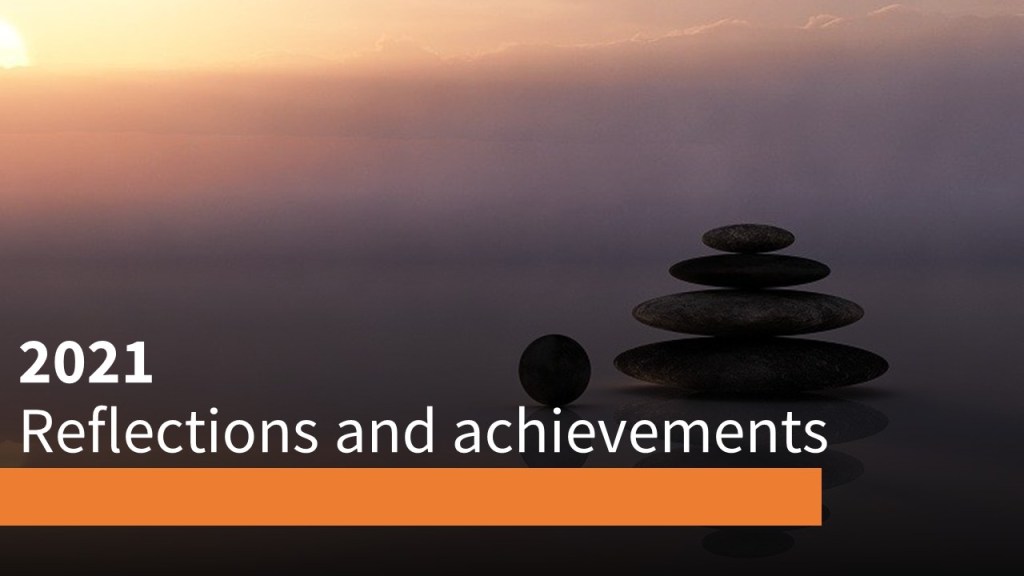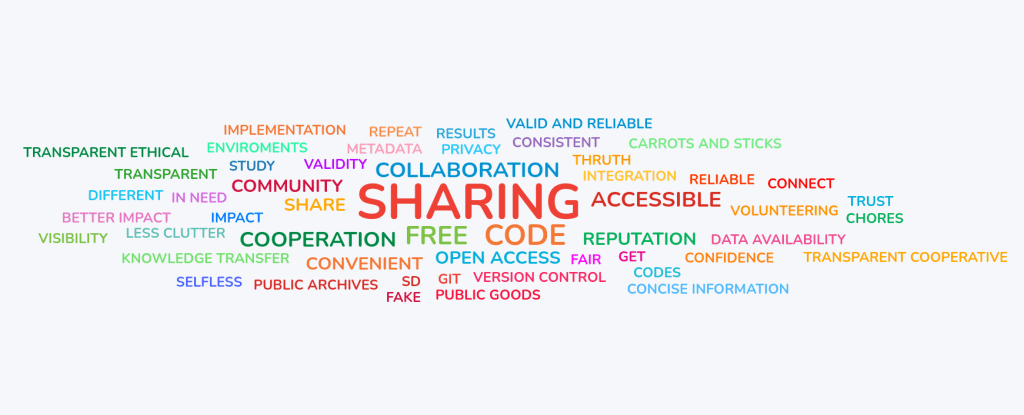Data management use case: a living lab in Kathmandu

Disclaimer: The use case presented below is inspired by a real-world study, in which research teams faced specific data-related challenges from a storage/processing perspective, privacy and compliance with GDPR point of view, or ethical considerations and institutional ethical review. We hope this case-study will provide you with insight into what may be required for your own work and trigger interesting discussions on such key aspects of research activities. However, the advice provided here should not be directly applied to any other research project. Please consult with relevant experts in your institutions.
Project background
The project aims to create inclusive and resilient dwelling clusters for urban resettlement in Kathmandu (Nepal) and establish a living lab model to develop transparent and integrated methodology of analysis, planning and design of the dwelling clusters. In this context, the experimental setup is considered as a ‘living lab’ as it involves continuous inputs from citizens living within the dwelling clusters who help by defining problems and evaluating solutions. The overall project is meant to last for a year, but the work described covers only the first step of the project – the initial exploratory study performed as part of an MSc thesis over a few months. The results of this step will provide insight into key stakeholders and their roles within the social system being studied.
This project:
- Employs a participatory planning and design approach, and a survey to map social and spatial living patterns of residents.
- Supports the integration of master’s students in the projects who will conduct field research for the project.
- Involves collaboration with consortium partners (other university working on dwelling cluster, local governmental agencies, and an NGO (Non-Governmental Organization)) as the research outputs will be used in pilot projects for local urban developments (e.g., construction projects).
Research data management considerations
Data collection and storage:
Various types of data are collected and processed by the research team. There may be a distinction between the data that will be used for research analysis (research data) and the data that will be required for project (administration data). In this project, research data includes geospatial data (such as drone images, maps and historical land survey data) and the interview data (such as audio recordings, notes and interview transcripts). Administrative data includes contracts and agreements between the research team and local government agencies; and agreements between the research team and local citizens. The contracts between parties should exist prior to the start of the project and be accessible to all parties. The collection of informed consent from citizens which comprise personally identifiable information and, therefore, requires adherence to GDPR and privacy regulations will have to be stored carefully as well.
Field work in remote locations can bring challenges for secure data storage, particularly if a reliable internet connection is unavailable. Interviews are recorded using a tape recorder (or similar internal memory), the management of the tapes and transfer of the information onto digital storage is outlined in the project’s data management plan. Several levels of data sharing are required to enable data access by the research team, local government agencies and consortium partners. It is expected that the research outcomes will be shared with all stakeholders involved but the raw data (interview/personal information) will not be shared beyond the research team.
Key considerations on data collection and storage:
- Sensitive personal data should be collected and stored using dedicated secure devices.
- Personal data that can be made (pseudo)anonymous is made so as early as possible.
- A secure storage location should be accessible by the research team and external partners (e.g. an institutional cloud storage solution).
- Access control should be managed by the research team so that relevant stakeholders are granted access to relevant research data at specific times under suitable privacy regulations.
- Some administrative data, such as informed consent, may only be accessed by members of the research team.
- Personal data should not be shared beyond the research team; only aggregated data should be shared.
- Research outputs are disseminated via the project website/blog.
Ethics
Since residents participate in this research there are various ethical considerations. Participants may belong to ‘risk’ populations due to their social-economic status. The research team decided that Indvidual participants must remain as anonymous as possible during the research process – participants were not invited to disclose their identity. As this research is conducted in a foreign country (Nepal), we cannot expect all participants to speak the same language as the European research team. Specific arrangements must be put in place to guarantee that the interviewees can provide informed consent. The researchers must inform the participants about the purpose and the experimental protocol they will participate in (including data management), as well as the participants’ rights in a language that is clear and understandable (Nepali and/or English). It may be that participants are not able/willing to sign forms, nor provide their real names. The procedure for collecting informed consent should be outlined and reviewed by the appropriate ethics committee, including the potential use of aliases.
Key consideration on ethics:
- Apply for ethical approval/advice early – as the complex set-up of the project (type of collected data, informed consent, implications on decision making for the communities involved, duration of the project, etc.) might require further reviews.
- Informed consent documents must always be understandable by participants – when working abroad, language barriers must be considered.
Privacy & legal aspects
This project involves the collection and processing of diverse types of sensitive personal data, such as geographic location of citizens, household compositions, financial information, and health conditions. If this is the case, the consent documents must mention them clearly. To share this sensitive data with local project partners located in a country outside of the European Economic Area (EEA), a data transfer agreement is required. This comes in addition to complying with institutional policies, European data protection laws (GDPR) and local privacy laws. Given the sensitivity of the data, and its personal nature, the research team must keep track of their data processing (GDPR requirement). The easiest way to do so is to describe the expected process in a data management plan (DMP) before the project starts and request feedback from the support team (Privacy team, and data support team) to ensure the initial plan is adequate. Should the solution be adjusted as the project goes along, the DMP should be updated, and changes should be reviewed by the relevant team.
Key considerations on privacy and legal aspects:
- Usually, master’s students own the copyright on their work. This, in combination with their participation in larger projects, where ownership is outlined in consortium agreements, or other project documents, may create tension regarding the ownership of the output. Make sure all administrative documents framing the project regarding data sharing and ownership are accessible and read by all project members.
- As the research outputs will be used in pilot projects for local urban developments (e.g., construction projects), Intellectual Property Rights (IPR) should be specified and approved by consortium partners.
- Follow travelling advice from your institutions
- Check with legal advisor and contract manager regarding the inclusion of master’s students’ involvement in a research project.
Acknowledgement: this use case was written jointly by data stewards from TU Eindhoven, University of Twente, and TU Delft. We would like to thank Connie Clare, for her help with the preparation, the data stewards of the universities who contributed to the use case. Members of the privacy and ethics of the universities did provide their input on this use case.





